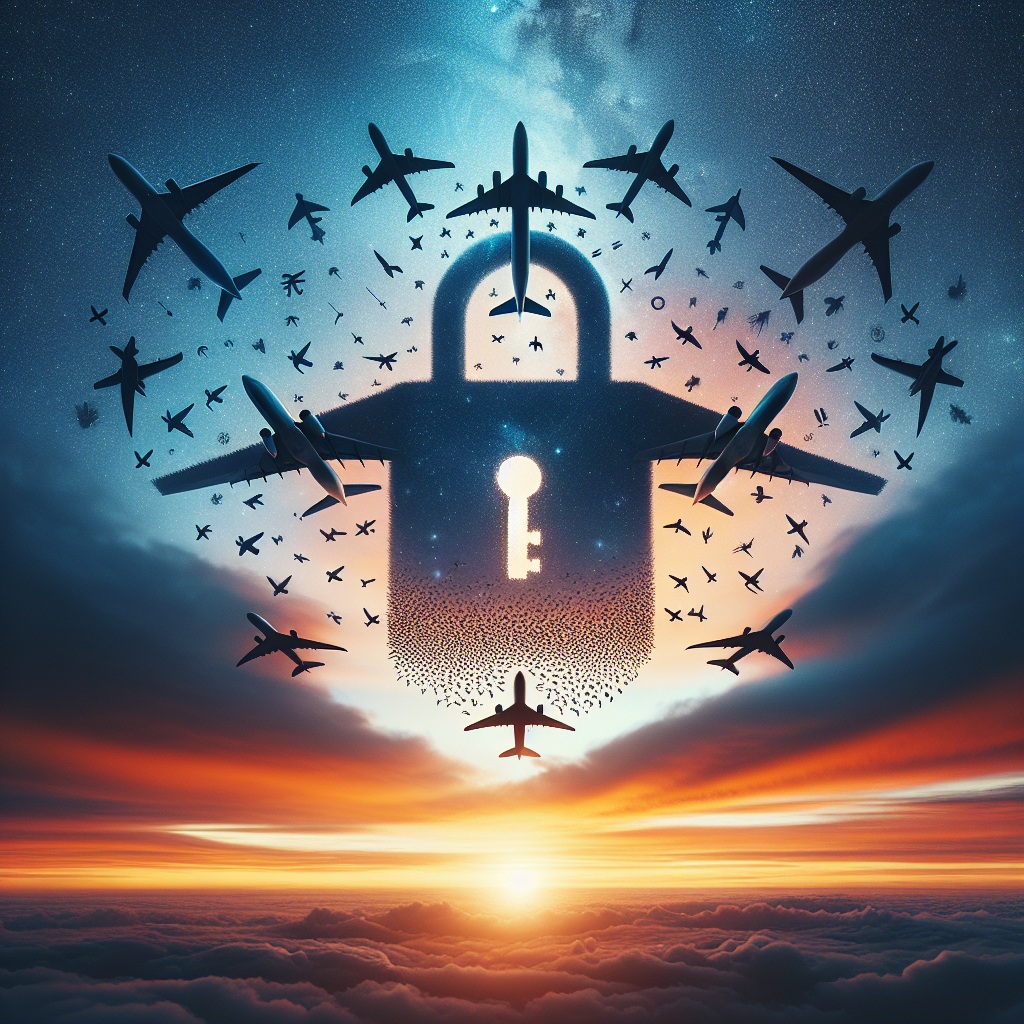When you settle into your airplane seat, do you ever pause?
We implicitly trust so many people. We trust the pilots, the crew, and the engineers. We also trust the company that built the plane. Most importantly, we trust the system that oversees it all.
The Shadow of the 737 MAX
Tragically, that trust was shattered for many. The Boeing 737 MAX crashes remain a somber memory. Hundreds of lives were lost, leaving a deep scar on countless families. These were not mere accidents; they pointed to serious design flaws and raised profound questions about **Boeing 737 MAX accountability**.
A recent article, highlighted on Reddit, pulls back the curtain. It asks a critical question. Specifically, it explores how the Trump administration handled Boeing’s accountability. The headline itself is stark: “How Trump let Boeing off the hook for the 737 MAX crashes.”
A Deal Behind Closed Doors
So, what exactly happened? The article suggests a complex situation. The Department of Justice (DOJ) entered into a deferred prosecution agreement (DPA) with Boeing. This DPA essentially allowed Boeing to avoid criminal charges. The focus was on a ‘conspiracy to defraud the United States.’ This related to how Boeing misled the FAA about the MAX’s safety systems. However, no individual executives faced prosecution.
Many argue this was a major leniency. It fueled concerns about corporate accountability. Consequently, it raised questions about the justice system. Is it different for large corporations? The core issues surrounding **Boeing 737 MAX accountability** continue to resonate, highlighting the struggle to hold powerful entities responsible.
The Bigger Picture: Can Corporations Regulate Themselves?
This story isn’t just about one plane or one deal. It’s about a much larger issue. Can we truly trust large corporations to regulate themselves? The 737 MAX saga suggests otherwise. Furthermore, it highlights the immense power of corporate lobbying. This influence can shape governmental oversight.
We, as a society, depend on these companies. We rely on them for essential services. Therefore, their integrity directly impacts our safety. When profit motives overshadow safety, the consequences are dire. Moreover, when the government steps back, who safeguards the public interest?
A Personal Reflection on Trust
I remember feeling a chill reading about those crashes. Each flight I’ve taken since carries a subtle weight. We want to believe that someone is watching out for us. We want to believe that safety is paramount. This incident, however, challenges that belief system.
It makes me think about our fundamental expectations. We expect a level playing field. We expect accountability when mistakes are made. This incident feels like a violation of that social contract. It’s a reminder that vigilance is always necessary.
What Does This Mean for Our Future?
The core question remains: how do we ensure safety? How do we hold powerful entities accountable? The ability of corporations to self-regulate is a constant debate. This case provides a grim example. It shows the potential pitfalls of such a system.
What are your thoughts on this? Does this make you question corporate oversight? Share your perspective in the comments below. For a deeper dive into the story, check out the full article.
Read the full story here: How Trump let Boeing off the hook for the 737 MAX crashes



